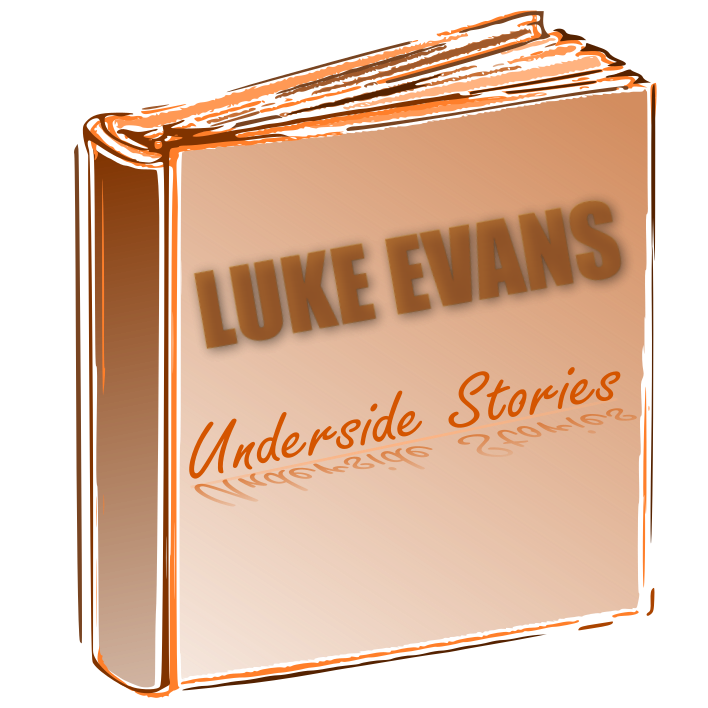For the uninitiated, Ahasver is the name of the mythical Wandering Jew. This is a starting off point, for those unfamiliar, and provides some context for the following poem.
I find such historical legends fascinating. Sure, the religious appearance of it may offend those with already shaky faiths. If that describes you, I advise turning around now, although the following poem is certainly not offensive in any way other than the very idea of its origins.
Apocrypha in general can be appreciated in this way, whether for historical context, insight into how certain people coped in their day, or nothing more than a rousing good tale. The narrative spin in this poem brings the legend to the modern day, revealing a hefty portion of underside along the journey.
Ahasver
My madness takes strange forms: I’m witty
among dullards, learnèd with the ignorant,
wise to the thoughtless, but confronting
intellect I equivocate and mumble.
Not everyone smart is nice.
I remember a Dominican ordering
pyres to be lit, and another young fellow
in black, Heidelberg-taught,
who tore out my beard. (So had
his forebears.) It wasn’t until the invention
of animated films
that I recognized the rhythm of my life.
Suffice it to say, if I can, I remain.
The common story of my origins
is nonsense. I never saw him, or “Him,”
pass. If I had, I would have sympathized.
There were many crazies.
Religion was politics. When the Romans killed
my wife, I fell into a depression
that lasted till I noticed
I had outlived my son and his,
and was, for some reason, in Smyrna;
later in Trier, York,
Thessaloniki, Boston … You see, as they say
nowadays, where I’m going with this.
I don’t. (Though I could point out –
and have at times, unheeded, mildly –
that in all this I was the injured party.)
Nor is it true I don’t die.
Although it seldom happens from old age.
There’s a nap; then I’m back,
freezing or broiling, selling cabbages
or mittens; lately in offices selling
nothing that I or anyone
can explain, and remembering everything.
On the whole, I prefer tea
to coffee. Each cup tastes of the last,
whether I put the latter down and paid
or saw it shattered by a sudden fist.
Often in crowds I think I see her
at different ages, or someone I
once wed because she reminded me
of her, and who was also taken;
or whom I had to leave before
she noticed she was growing old
with someone who could never
be otherwise. Perhaps my true, first love
returns, survives in the equivocal way
I do, and we will meet again someday.
Encountering descendants is less surprising;
we know each other by that dreaming look
which misses nothing but cannot awaken.
What I’d really like is time off.
In eras of less danger I’ve tried places
like Baden, the Catskills, but dislike
the music, in-jokes, gluttony, the way
everyone knows me though unable to place me,
the illusion of safety that sentiment feeds on …
I prefer to wander woods
(for which, it has been said, I have no feeling),
admiring wildflowers, which have only
a home, and talking
at length with hidden, curious animals
who preach that anything which is not hunger
is kindness but almost everything is hunger.
And every century or so I yearn
to find some abstract but enduring friend,
to capitalize on or else begin
Enlightenment – i.e., to tell my tale. But the stammer
I mentioned prevents me, and confusion
(as you would disingenuously call it)
about time. For the poisoned moon,
drowned lands, millions yearning
to be vampires, and their final bloodsoaked faith
in a compassionate alien
seem as worthy of mention
as any dusty massacre
I see as no more past than these are future.
To repeat: I told no one to hurry
and wasn’t told to wait till he returned.
I had a shop, and ethics. The day in question
wasn’t. The stench of execution,
as it does now in many places, blew
across town. Simply, I wake each time
remembering. Later I remember childhood
merely as childhood, i.e., preparation.
Faiths that have burned me seem as silly
as the idea of reincarnation
and other theories I pursue
with an apparently ingrained taste
for learning … You should imagine me as happy.
Day has turned dark, but the rain
as usual will pass us by.
Jeeps drive into villages, and people
who thought that they made little claim on life
learn their mistake. Even animals
are disabused of animal existence,
or so they tell me and the figures prove.
I see what I have seen, have done
less than most generals or businessmen,
try not to generalize unduly but
am hampered by a strange impediment;
the question, Was it this or something else
that spoke? can be resolved by anyone.
Meet the author:
Frederick Pollack is the author of two book-length narrative poems, THE ADVENTURE and HAPPINESS (Story Line Press; the former reissued 2022 by Red Hen Press), and two collections, A POVERTY OF WORDS (Prolific Press, 2015) and LANDSCAPE WITH MUTANT (Smokestack Books, UK, 2018). Many other poems in print and online journals. Poetics: neither navelgazing mainstream nor academic pseudo-avant-garde.
As far as the underside is concerned: I’m old, and have lived there since Nixon – more deeply in the age of Trump, covid, and Putin.






